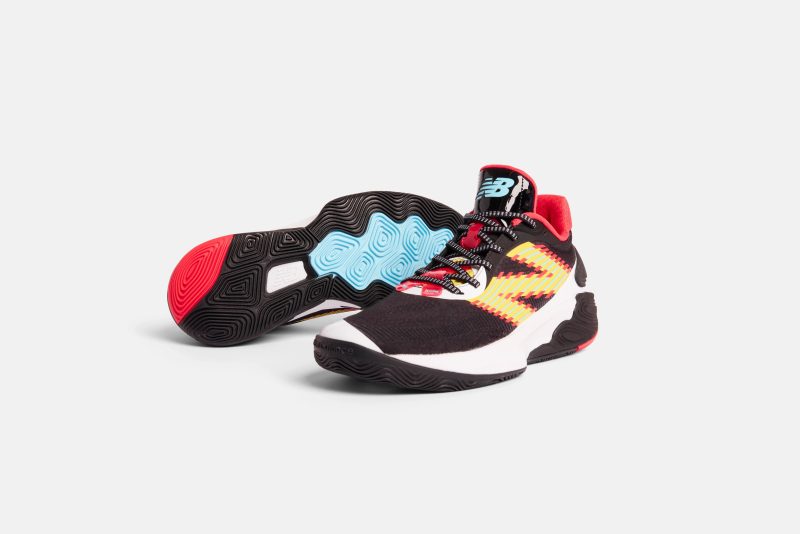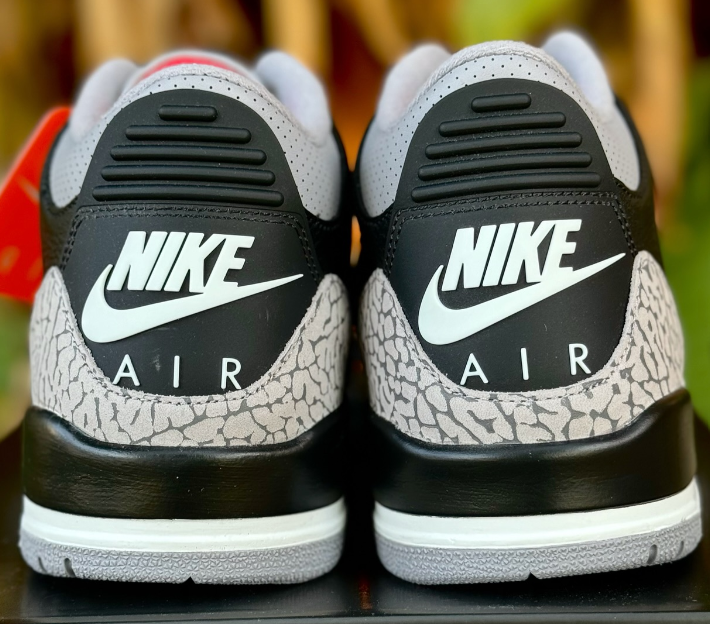paulprince3730
Banned
- 4,948
- 1,056
- Joined
- May 23, 2013
you spend 350 on groceries per month?????Rent: $3200what's your itemized monthly expenses? I live in NC and i'm curious what the equivalent of your salary is to someone working in Charlotte
Utilities: $400
Groceries/eating out: $350
Leisure and shopping: $500 (Suits, shoes and other clothing cost money)
I give my parents $1000
dont believe







